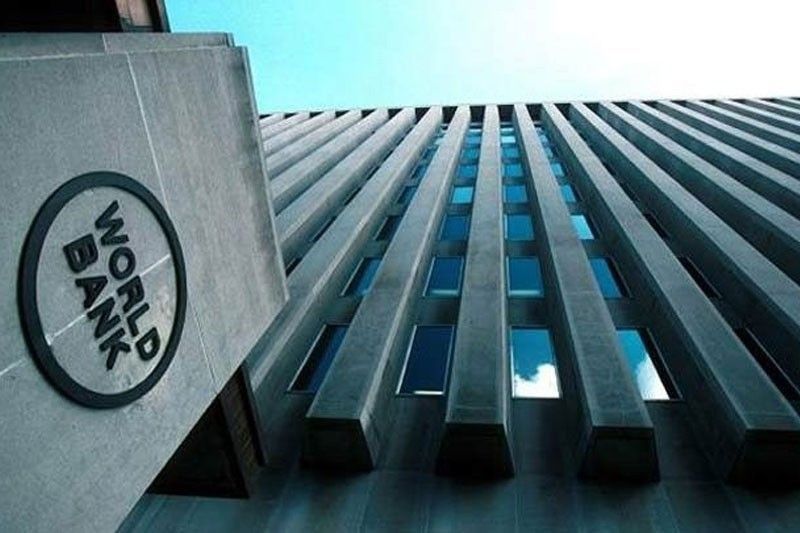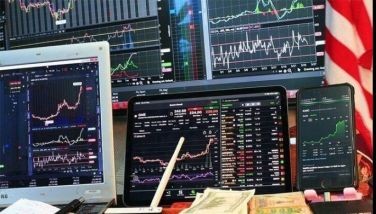World Bank: Less trade barriers to hasten global economic rebound

MANILA, Philippines — The World Bank is encouraging the lowering of trade barriers across economies to support recovery and uphold living standards amid the pandemic.
In a press conference Thursday night as part of the International Monetary Fund/World Bank Group 2020 Virtual Annual Meetings, World Bank president David Malpass said having a “safe” and “non-discriminatory” trade environment would allow more economies to bounce back from the economic fallout resulting from the public health crisis.
“A very beneficial step is trade facilitation, and that means trying to keep markets open across borders and, where markets are closed, lowering the barriers that occur. That means a safe environment, that means one that is available to all people, that’s not discriminatory in terms of the way it operates,” he said.
“And I think looking more broadly, it’s the commitment by countries around the world, a recognition that commerce is critical to people’s rising living standards. We strongly support moves worldwide to allow more trade and to reduce the barriers to trade.”
In his remarks at the G20 Finance Ministers and Central Bank Governors Meeting, Malpass said latest economic and poverty data have shown that while recession in advanced economies have been less severe than expected, developing countries stand to lose years of gains especially in inequality and poverty reduction.
“Our latest economic and poverty data show that desperate inequality is being caused by the COVID pandemic and economic shutdowns. The recession in advanced economies is less severe than had been feared, but in most developing economies, it has become a depression, especially for the poorest. Extreme poverty may rise by 150 million by 2021,” said Malpass.
In June, the Philippines joined its other trade partners in a commitment to sign by November the Regional Comprehensive Economic Partnership (RCEP), a 15-country regional trade deal that comprises the largest economies in Asia excluding India.
Specifically, RCEP is a trade deal between the 10 ASEAN countries and China, Australia, New Zealand, South Korea and Japan. These countries make up almost a third of global economic output.
India has backed out of the trade agreements over concerns of becoming overwhelmed by imports, thus putting its industries and agriculture sector at risk.
It took eight years to negotiate the trade pact which is seen to open up more markets for the country’s merchandise and service exports.
Once in place, RCEP will be the largest trade bloc in the world, accounting for 30 percent of the world’s global population at 2.2 billion and 28.2 percent of the global gross domestic product at a combined $23.9 trillion.
The bloc will also account for 27.8 percent of the total trade at $10.5 trillion, with $5.5 trillion to be accounted for by exports and $4.9 trillion by imports.
The RCEP is also seen to contribute to 23.6 percent of global inward foreign direct investment and 33.5 percent of global outward foreign direct investment.
- Latest
- Trending


























